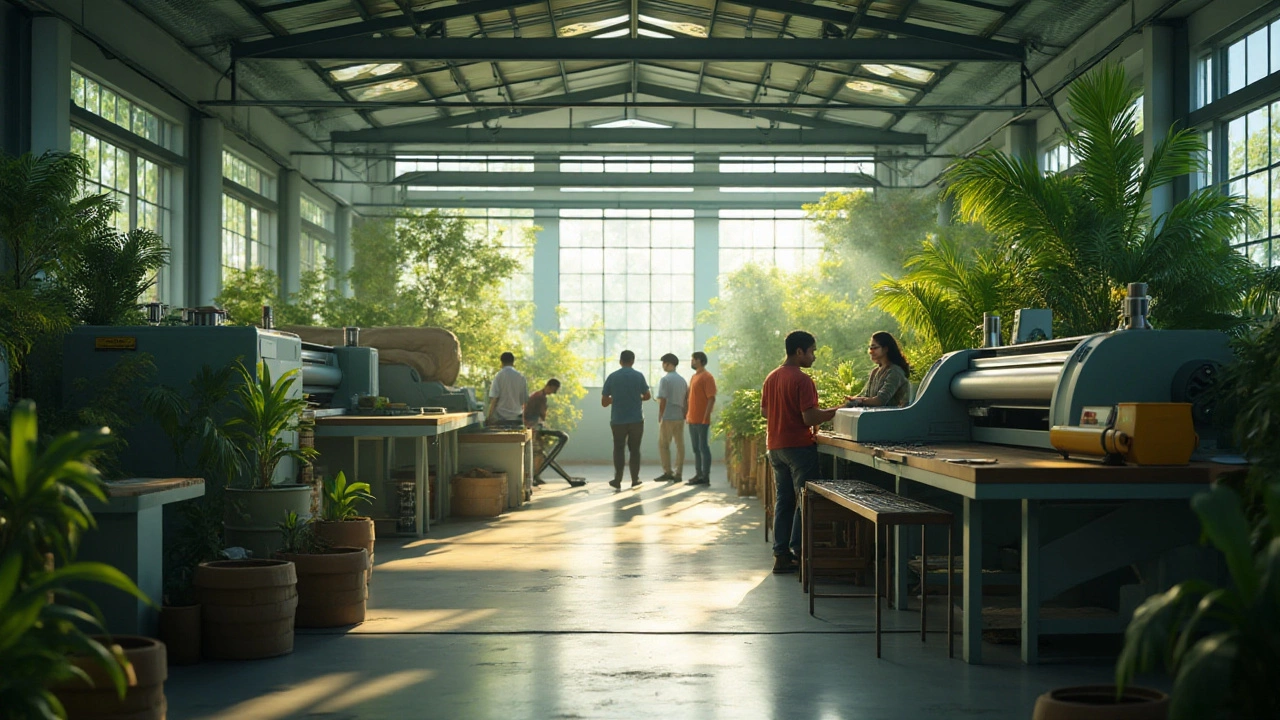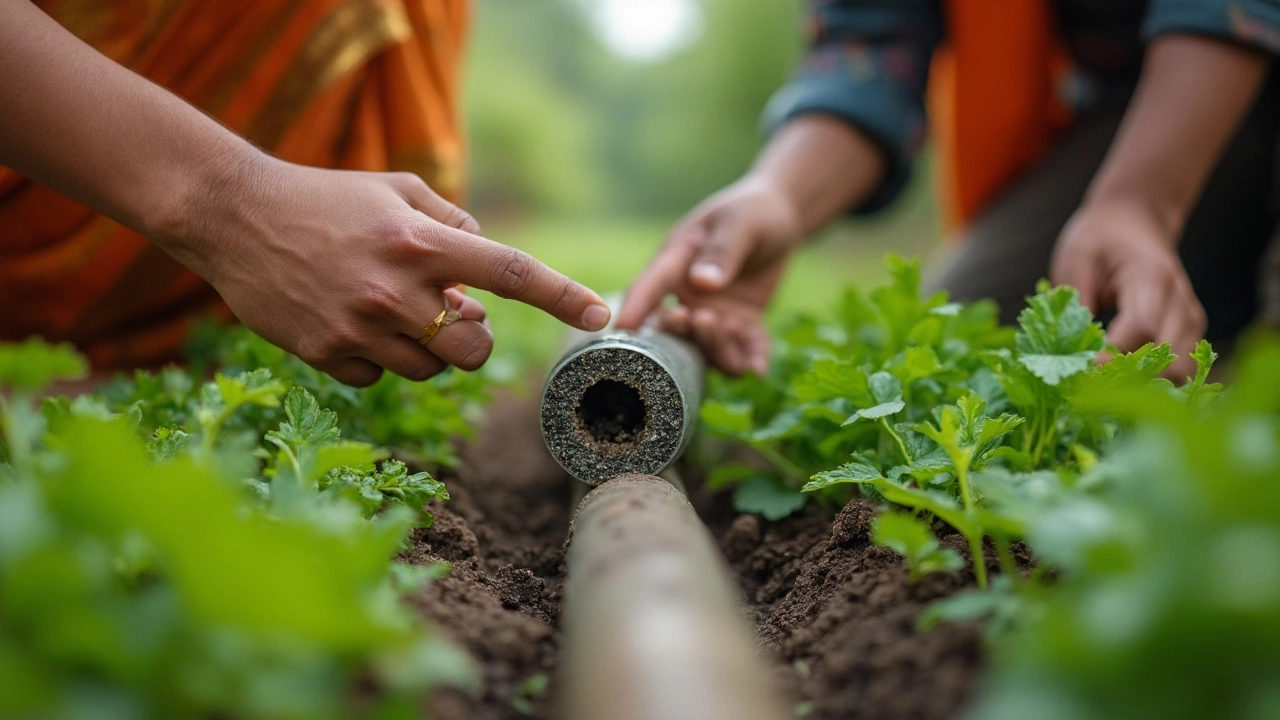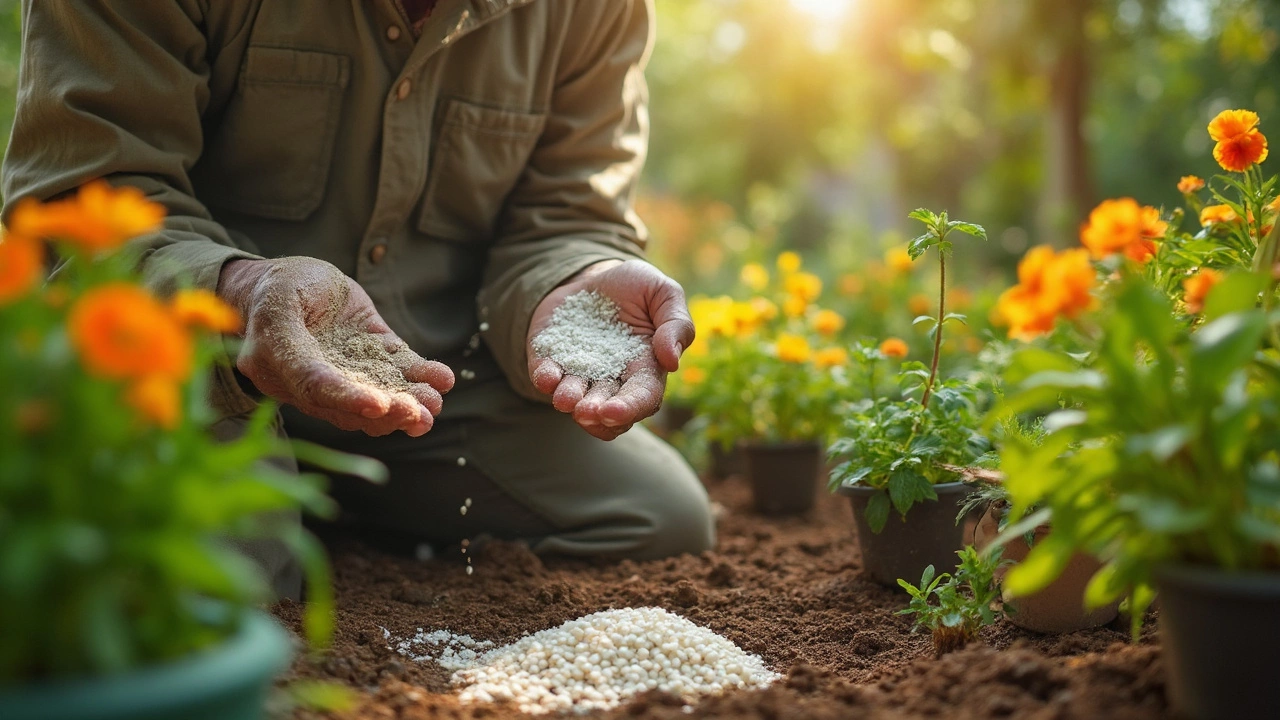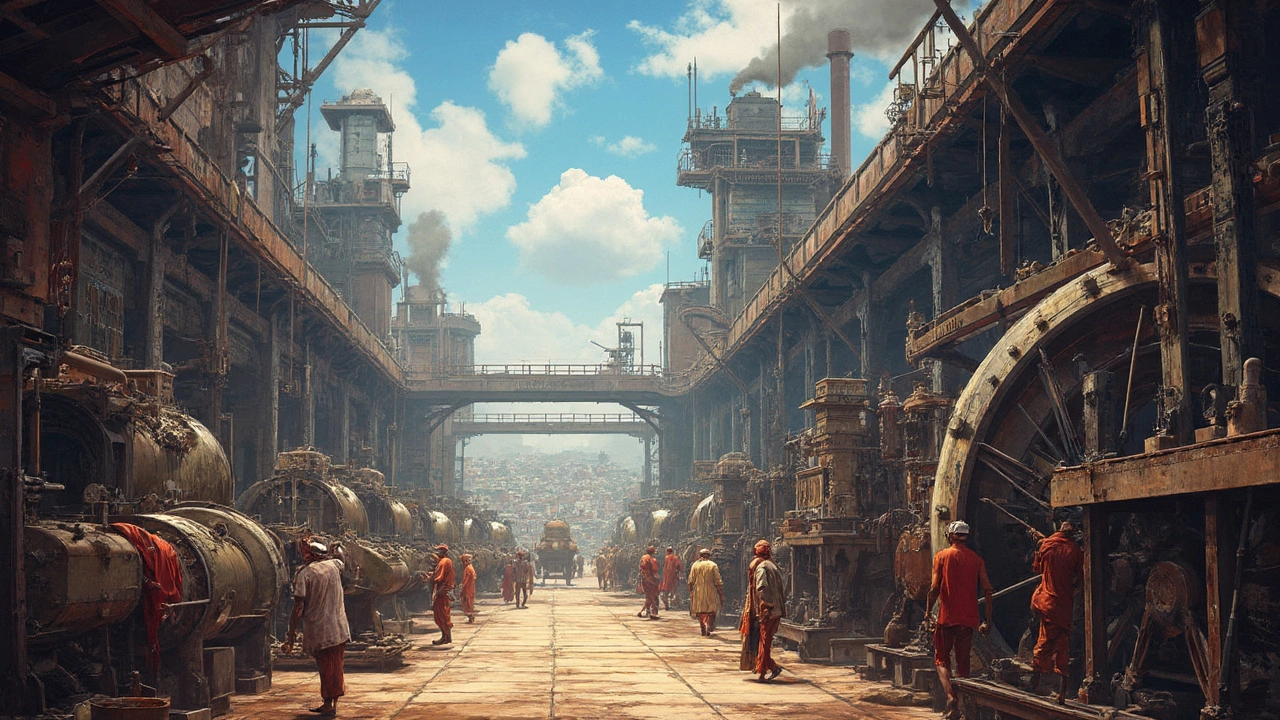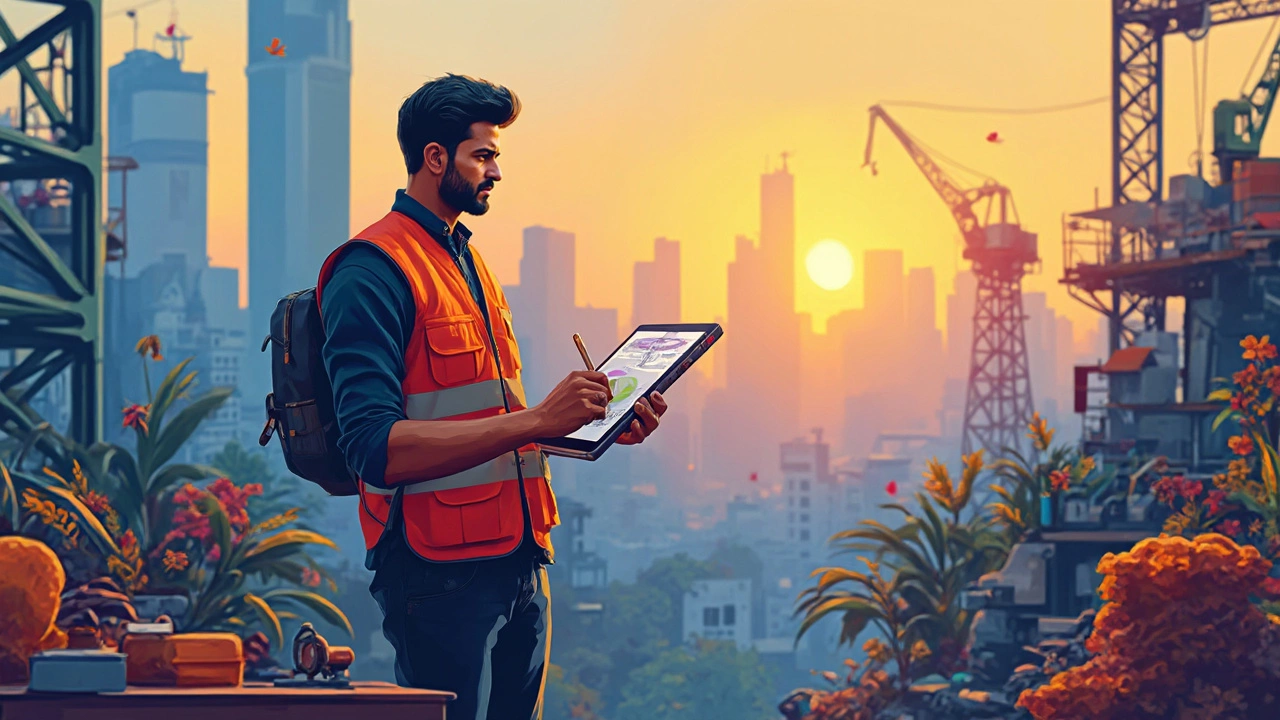Recycling: Turning Waste Into Valuable Resources
When talking about recycling, the process of converting discarded materials into new products. Also known as waste reuse, it cuts down landfill use, saves energy, and creates raw material loops. Recycling encompasses waste reduction, resource recovery, and energy saving – a triple win for the environment, the wallet, and the industry. In India, where urban waste is soaring, recycling is becoming a core part of city planning and community action. Below you’ll see how everyday actions and big‑scale factories connect through this simple idea.
How Plastic Waste Fuels the Circular Economy
One of the biggest challenges is plastic waste, non‑biodegradable materials that flood landfills and oceans. When we recycle plastic, we feed the circular economy, a system where products are kept in use for as long as possible. The circular economy relies on recycling to close material loops, turning old bottles into new packaging, automotive parts, or construction fibers. This connection shows why plastic recycling isn’t just a niche hobby – it’s a backbone of modern manufacturing. Recent data shows rPET, rHDPE and recycled PP are the hottest resins for 2025, proving that recycled plastics are now profit drivers for factories across the country.
Beyond plastics, sustainable manufacturing, production methods that minimize waste and emissions leans heavily on recycling scraps, metal shavings, and organic residues. When a plant recycles its metal cut‑offs, it cuts energy demand and lowers carbon footprints, directly supporting India’s climate goals. Even the zero‑waste fruit movement uses recycling concepts: every peel, core, or skin becomes a raw input for animal feed or compost. These examples illustrate how recycling intertwines with waste management, product design, and policy. The posts below dive deeper into specific topics – from the rise of recycled plastics to practical tips for rehydrating dry garden soil – giving you a clear view of how recycling shapes today’s sustainable landscape.
The Future of Plastic: When Will It Disappear?
The journey towards a plastic-free world is a complex mix of innovation, regulation, and cultural shifts. Plastic manufacturing companies are facing increased pressure to adapt to more sustainable practices. Despite the convenience of plastics, their environmental impact is pushing industries to explore alternative materials and improved recycling processes. Understanding the timeline for reducing plastic waste involves looking at advancements in biodegradable plastics and global policy changes. This article delves into when and how plastic manufacturing might shift to a more environmentally friendly model.
- manufacturing
- India
- food processing
- garden tips
- rice cultivation
- government schemes
- balcony garden
- urban gardening
- balcony gardening
- profitable business
- business ideas
- plastic manufacturing
- drip irrigation
- plant care
- steel manufacturing
- sustainable gardening
- startup ideas
- steel industry
- flower gardening
- textile manufacturers

